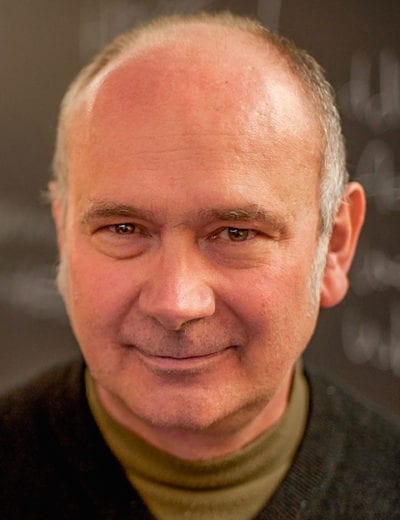
These projects were made possible from Cure Alzheimer's Fund support.
| Project Description | Researchers | Funding |
|---|---|---|
| Genomic Variant Calling and Data Management for the Cure Alzheimer’s Fund Alzheimer’s Genome Project™ |
2023 $118,450 |
|
| CIRCUITS: A Unified Approach to Actionable Alzheimer’s Disease Signatures |
2021, 2022 $498,006 |
|
| CIRCUITS: Integrating Functional Maps to Discover MicroRNAs in Alzheimer’s Disease |
2016, 2018, 2019, 2020 $780,033 |
These published papers resulted from Cure Alzheimer’s Fund support.
Naderi Yeganeh, P., Teo, Y. Y., Karagkouni, D., Pita-Juárez, Y., Morgan, S. L., Slack, F. J., Vlachos, I. S., & Hide, W. A. PanomiR: a systems biology framework for analysis of multi-pathway targeting by miRNAs, Briefings in Bioinformatics, November 20, 2023, Read More
Joachim, R. B., Altschuler, G. M., Hutchinson, J. N., Wong, H. R., Hide, W. A., & Kobzik, L. The relative resistance of children to sepsis mortality: from pathways to drug candidates, Molecular Systems Biology, May 1, 2018, Read More
Li, A., Hooli, B., Mullin, K., Tate, R. E., Bubnys, A., Kirchner, R., Chapman, B., Hofmann, O., Hide, W., & Tanzi, R. E. Silencing of the Drosophila ortholog of SOX5 leads to abnormal neuronal development and behavioral impairment, Human Molecular Genetics, February 10, 2017, Read More
Morgan, S. L., Naderi, P., Koler, K., Pita-Juarez, Y., Prokopenko, D., Vlachos, I. S., Tanzi, R. E., Bertram, L., & Hide, W. A. Most Pathways Can Be Related to the Pathogenesis of Alzheimer’s Disease, Frontiers in Aging Neuroscience, June 24, 2022, Read More
Prokopenko, D., Lee, S., Hecker, J., Mullin, K., Morgan, S., Katsumata, Y., Alzheimer’s Disease Neuroimaging Initiative (ADNI), Weiner, M. W., Fardo, D. W., Laird, N., Bertram, L., Hide, W., Lange, C., & Tanzi, R. E. Region-based analysis of rare genomic variants in whole-genome sequencing datasets reveal two novel Alzheimer’s disease-associated genes: DTNB and DLG2, Molecular Psychiatry, March 4, 2022, Read More
Cuddy, L. K., Prokopenko, D., Cunningham, E. P., Brimberry, R., Song, P., Kirchner, R., Chapman, B. A., Hofmann, O., Hide, W., Procissi, D., Hanania, T., Leiser, S. C., Tanzi, R. E., & Vassar, R. Abeta-accelerated neurodegeneration caused by Alzheimer’s-associated ACE variant R1279Q is rescued by angiotensin system inhibition in mice, Science Translational Medicine, September 30, 2020, Read More
Prokopenko, D., Hecker, J., Kirchner, R., Chapman, B. A., Hoffman, O., Mullin, K., Hide, W., Bertram, L., Laird, N., DeMeo, D. L., Lange, C., & Tanzi, R. E. Identification of Novel Alzheimer’s Disease Loci Using Sex-Specific Family-Based Association Analysis of Whole-Genome Sequence Data, Scientific Reports, March 19, 2020, Read More
Prokopenko, D., Morgan, S. L., Mullin, K., Hofmann, O., Chapman, B., Kirchner, R., Alzheimer's Disease Neuroimaging Initiative (ADNI), Amberkar, S., Wohlers, I., Lange, C., Hide, W., Bertram, L., & Tanzi, R. E. Whole-genome sequencing reveals new Alzheimer’s disease-associated rare variants in loci related to synaptic function and neuronal development, Alzheimer's & Dementia, April 2, 2021, Read More